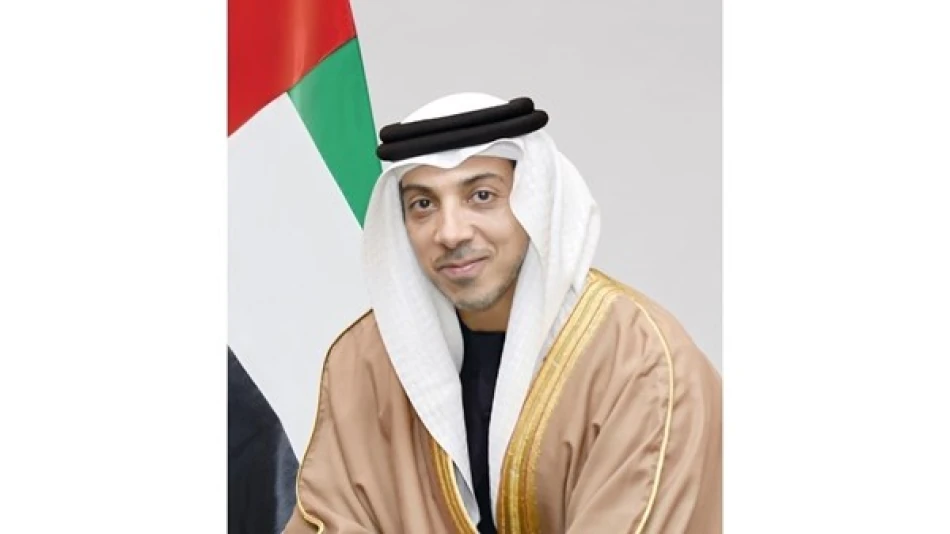
UAE Minister Meets Senegalese PM, Explores Deepening Bilateral Ties
UAE-Senegal Partnership Deepens as Leaders Explore Economic Diversification Opportunities
Sheikh Mansour bin Zayed Al Nahyan, UAE's Deputy Prime Minister and Presidential Court Chairman, met with Senegalese Prime Minister Ousmane Sonko in Abu Dhabi, signaling a strategic push to strengthen economic ties between the Gulf powerhouse and West Africa's emerging market. The high-level diplomatic engagement reflects the UAE's broader strategy to diversify its African partnerships beyond traditional oil-dependent relationships.
Strategic Timing Amid Regional Economic Shifts
The meeting at Qasr Al Watan comes as both nations navigate significant economic transitions. Senegal, under President Bassirou Diomaye Faye's administration, has been actively seeking foreign investment to capitalize on its recent oil and gas discoveries, while the UAE continues expanding its influence across Africa as part of its post-oil economic vision.
This diplomatic engagement follows the UAE's established pattern of building strategic partnerships with African nations, similar to its successful economic collaborations with Kenya, Egypt, and Morocco. The timing is particularly significant as Senegal emerges as one of West Africa's most stable democracies with growing economic potential.
Investment Opportunities in Focus
Energy and Infrastructure Potential
Senegal's recent offshore oil and gas discoveries, estimated to hold significant reserves, present attractive opportunities for UAE's energy sector expertise. The country's Sangomar oil field, expected to begin production soon, could benefit from Emirati technical knowledge and investment capital.
Financial Services and Trade Corridors
The UAE's position as a global trade hub makes it an ideal partner for Senegal's ambitions to become West Africa's gateway for international commerce. Dubai's established trade networks could significantly boost Senegal's export capabilities, particularly in agriculture and emerging manufacturing sectors.
Market Implications and Investment Outlook
For investors, this diplomatic engagement suggests potential opportunities in joint ventures between UAE and Senegalese companies, particularly in renewable energy, telecommunications, and logistics. The UAE's sovereign wealth funds have historically followed diplomatic initiatives with substantial investments, as seen in their African portfolio expansion over the past decade.
The meeting also indicates Senegal's strategic pivot toward Gulf capital, potentially reducing its traditional dependence on European and Chinese funding sources. This diversification could provide more favorable investment terms and accelerated project timelines.
Regional Competition and Strategic Positioning
This UAE-Senegal engagement occurs within a broader context of Gulf states competing for African influence. Saudi Arabia and Qatar have similarly intensified their African diplomatic efforts, making early partnership establishment crucial for long-term economic benefits.
The UAE's approach differs from competitors by emphasizing practical economic cooperation over purely political alliances, a strategy that has proven successful in Southeast Asia and could yield similar results in West Africa's growing markets.
Most Viewed News

 Layla Al Mansoori
Layla Al Mansoori






